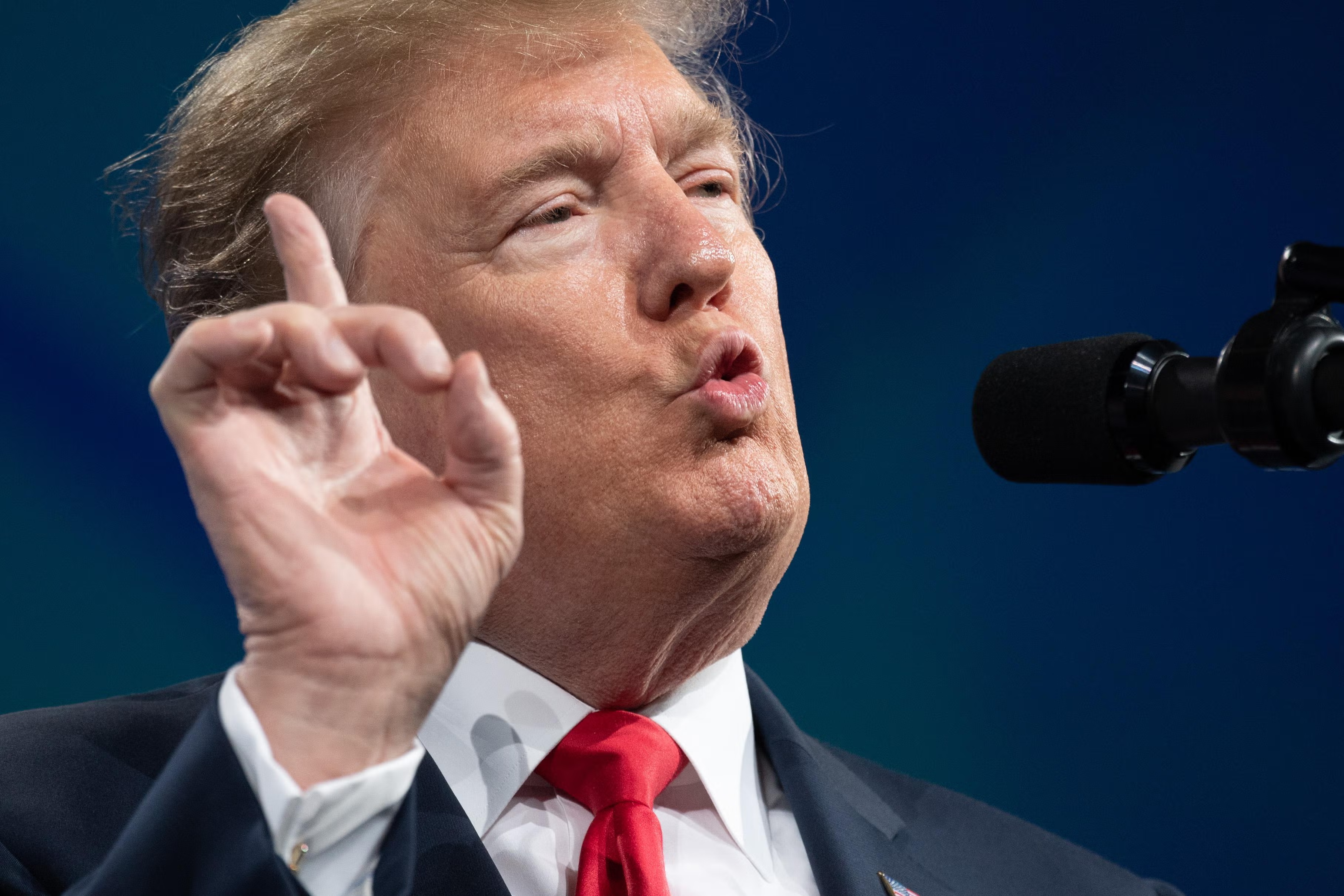In political discourse, few phrases have been as frequently misrepresented as Donald Trump’s “fine people” remark following the tragic events in Charlottesville in August 2017. Recently, Vice President Kamala Harris has repeatedly referenced this statement, continuing a narrative that distorts what was actually said. It’s essential to examine the facts and understand the context, as perpetuating this misrepresentation does nothing but inflame division.
What Was Actually Said?
Following the violent clashes in Charlottesville, Trump made remarks addressing the chaos that erupted during a rally where white supremacists and counter-protesters collided. In his statement, he condemned the violence on “many sides,” which immediately sparked controversy. However, the part of his speech that has been most frequently cited—and distorted—was when he referred to “very fine people on both sides.”
What often gets left out of this citation is the crucial clarification Trump gave shortly after. He explicitly condemned white supremacists and neo-Nazis, stating: “I’m not talking about the neo-Nazis and the white nationalists, because they should be condemned totally.”
His “fine people” remark was in reference to those who were there to protest the removal of Confederate statues—an issue that remains divisive in American society. On one side, there were people advocating for the preservation of historical monuments; on the other, those who argued these statues represented oppression. Trump’s comment was aimed at the peaceful protestors, not the extremists who brought violence to the rally.
Why Does Kamala Harris Keep Bringing It Up?
Kamala Harris has continued to use the “fine people” line as part of her broader critique of Trump and what she claims his administration stood for. In her speeches, she often frames this remark as evidence of his support for white supremacy. However, this narrative is misleading. By omitting the context and the explicit condemnation of neo-Nazis, Harris is contributing to a distorted version of history that many Americans have come to accept as fact.
One could argue that political figures like Harris reference the “fine people” quote because it serves a purpose in energizing their base. It taps into the fear and outrage many Americans feel about the resurgence of hate groups and racial violence. But when this narrative becomes the cornerstone of political attacks, it’s important to ask whether it’s helping or harming the public discourse.
The Importance of Truth in Political Debate
Misrepresenting what someone says, especially in the realm of politics, can erode trust in public institutions and leaders. When false narratives are repeated enough, they take on a life of their own. The “fine people” hoax is a perfect example of how a misrepresentation can persist for years, even when the facts are easily accessible.
Vice President Harris, as a leader, has a responsibility to promote an honest, fact-based dialogue. While she is certainly entitled to criticize Trump’s handling of race relations in America, it should be done based on facts, not by repeating misleading or debunked narratives. Ensuring that political debates are grounded in truth, rather than divisive rhetoric, is essential for the health of our democracy.
Moving Forward
The “fine people” lie continues to fuel misunderstanding and division in the U.S., and it’s critical for leaders on both sides to set the record straight. Rather than focusing on sound bites or perpetuating falsehoods, our political discourse should aim to address the root causes of issues like racism, inequality, and extremism in ways that unite rather than divide.
As citizens, we owe it to ourselves to dig deeper into what we hear, verify the facts, and demand more from those in power. Only then can we foster a more informed, respectful, and productive dialogue.




